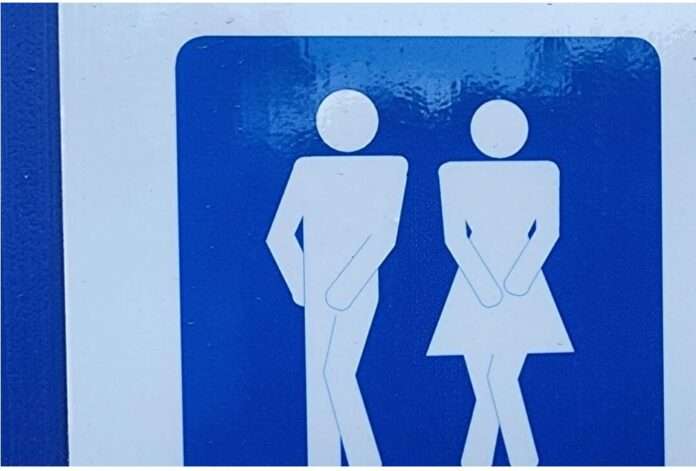Eesti Eest! Newspaper delivers curated news that cut through the censorship, mainstream bias, and institutional dominance that has left society divided and misinformed. The platform allows readers to access the news that matters, particularly when it is being ignored. Updated minute-by-minute with news coverage from a diversity of publications and topics. The website may display, include, or make available third-party content (including data, information, applications, and other products, services, and/or materials) or provide links to third-party websites or services, including through third-party advertising (“Third-Party Materials”). You acknowledge and agree that Eesti Eest! is not responsible for Third-Party Materials, including their accuracy, completeness, timeliness, validity, copyright compliance, legality, decency, quality, or any other aspect thereof. Eesti Eest does not assume and will not have any liability or responsibility to you or any other person or entity for any Third-Party Materials. Third-Party Materials and links thereto are provided solely as a convenience to you, and you access and use them entirely at your own risk and subject to such third parties’ terms and conditions. This Agreement is governed by and construed in accordance with the internal laws of the State of Delaware without giving effect to any choice or conflict of law provision or rule. Any legal suit, action, or proceeding arising out of or related to this Agreement shall be instituted exclusively in the federal courts of the United States or the courts of the State of Delaware. You waive any and all objections to the exercise of jurisdiction over you by such courts and to venue in such courts. The Content and Services are based in the state of Delaware in the United States and provided for access and use only by persons located in the United States. You acknowledge that you may not be able to access all or some of the Content and Services outside of the United States and that access thereto may not be legal by certain persons or in certain countries. If you access the Content and Services from outside the United States, you are responsible for compliance with local laws. All information on this site is intended for entertainment purposes only.
Contact us: [email protected]
Eesti Eest!








A letter from a medical practitioner will be all it takes for a person to legally change their gender in Western Australia (WA) as the state moves to introduce a new bill for gender recognition.
The current law requires a person to undergo surgical reassignment and provide proof to the Gender Reassignment Board before being able to register a change of gender.
However, the centre-left Labor government said it would scrap the Gender Reassignment Board and introduce through the Registry of Births, Deaths, and Marriages a “new streamlined administrative process for sex and gender recognition.”
Under the proposed changes, individuals will only need a statement from a medical practitioner and psychologist certifying that they have “received appropriate clinical treatment in relation to the person’s sex or gender,” the government said.
People under 18 will face stricter rules including parental consent or permission from the Family Court of Western Australia in certain circumstances.
WA Premier Roger Cook hailed the progressive bill as a “significant legislative agenda,” demonstrating the government’s “commitment to developing WA’s first LGBTIQ+ inclusion strategy.”
“Everyone deserves the respect and dignity of being recognised as themselves, to have their legal identity align with their lived identity.”
Attorney General John Quigley said the legislation would bring WA in line with other states in gender recognition. Currently, WA and New South Wales (NSW) are the only Australian jurisdictions that require people to undergo medical reassignment to change their sex on birth certificates.
“The State Government remains 100 percent committed to new equal opportunity legislation and we will continue to engage with stakeholders in relation to this important reform,” Mr. Quigley said.
Additionally, the government said it was developing a new Equal Opportunity Act and “ban conversion practices—consisting of both a criminal prohibition and a civil response scheme.”
‘Anti-Women’ Reform
However, a similar bill that will introduce self-ID in NSW has faced pushback from a women’s rights group, which criticised it as an “anti-women,” “anti-children reform.”
Think tank Women’s Forum Australia described the state’s ban on conversion practice as “the criminalisation or restriction of care for people struggling with gender dysphoria.”
“These regressive reforms endanger, discriminate against, and/or commodify and exploit women and children, and in some cases, put at risk the rights and freedoms of NSW citizens, and subvert best medical practice,” the women’s forum said.
“They are out of step with evolving research and developments taking place overseas.”
The group also argued that removing bans on commercial surrogacy would “encourage the commodification of vulnerable women as wombs for rent and children as products for sale.”
A petition titled “Protect Women and Children in NSW” by Women’s Forum Australia has garnered over 21,000 signatures.